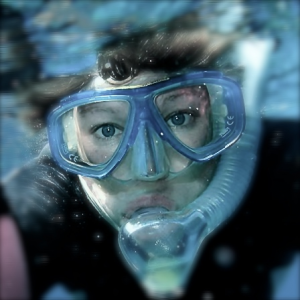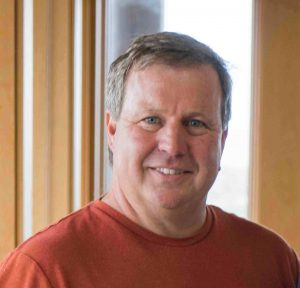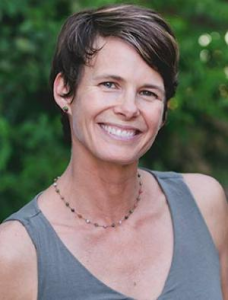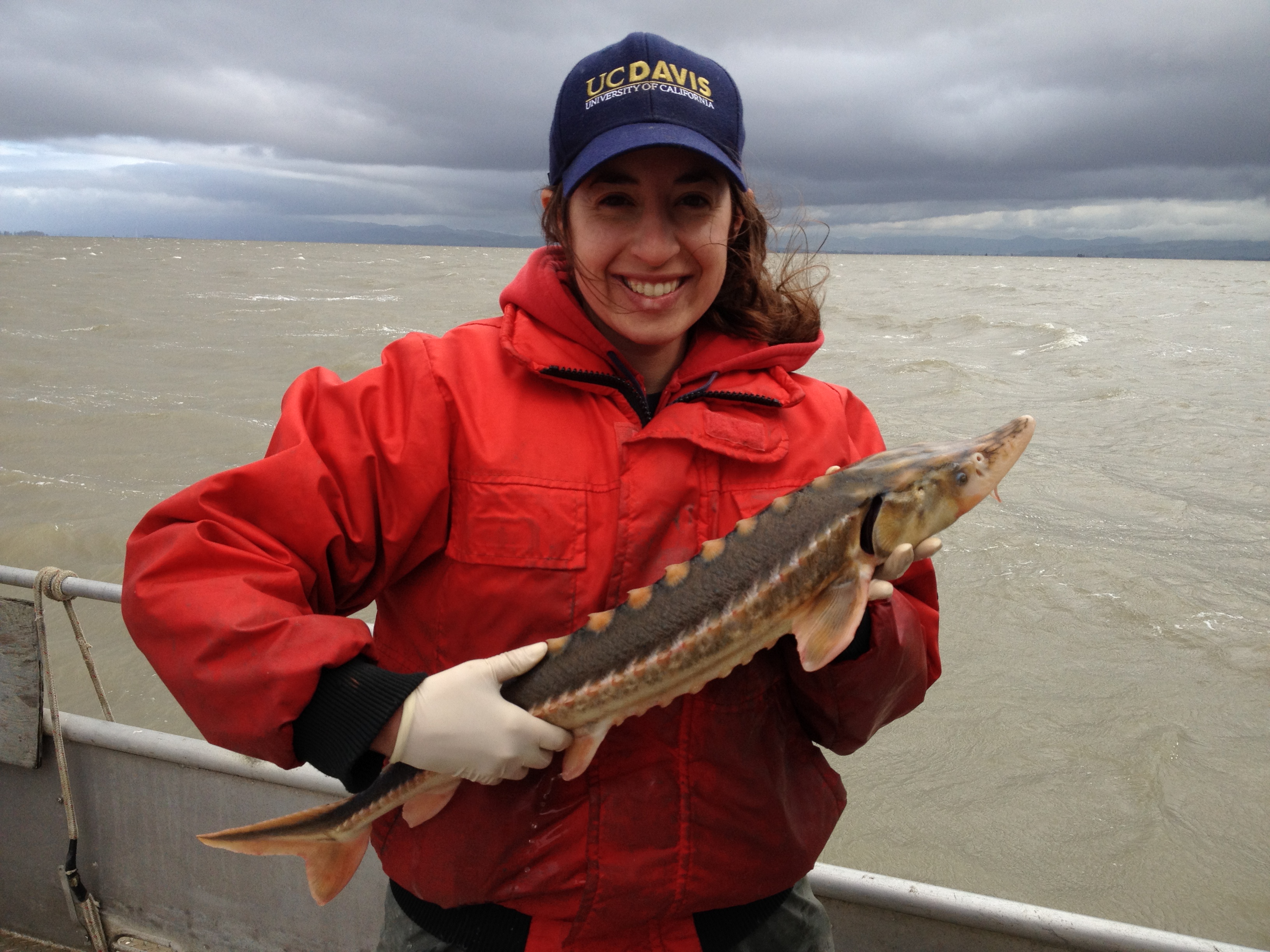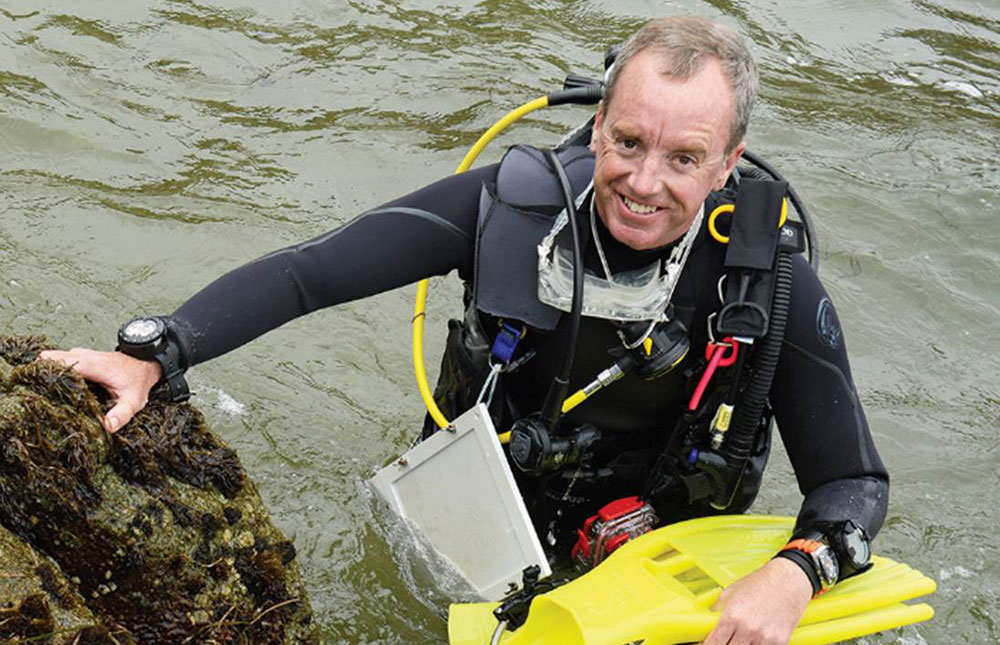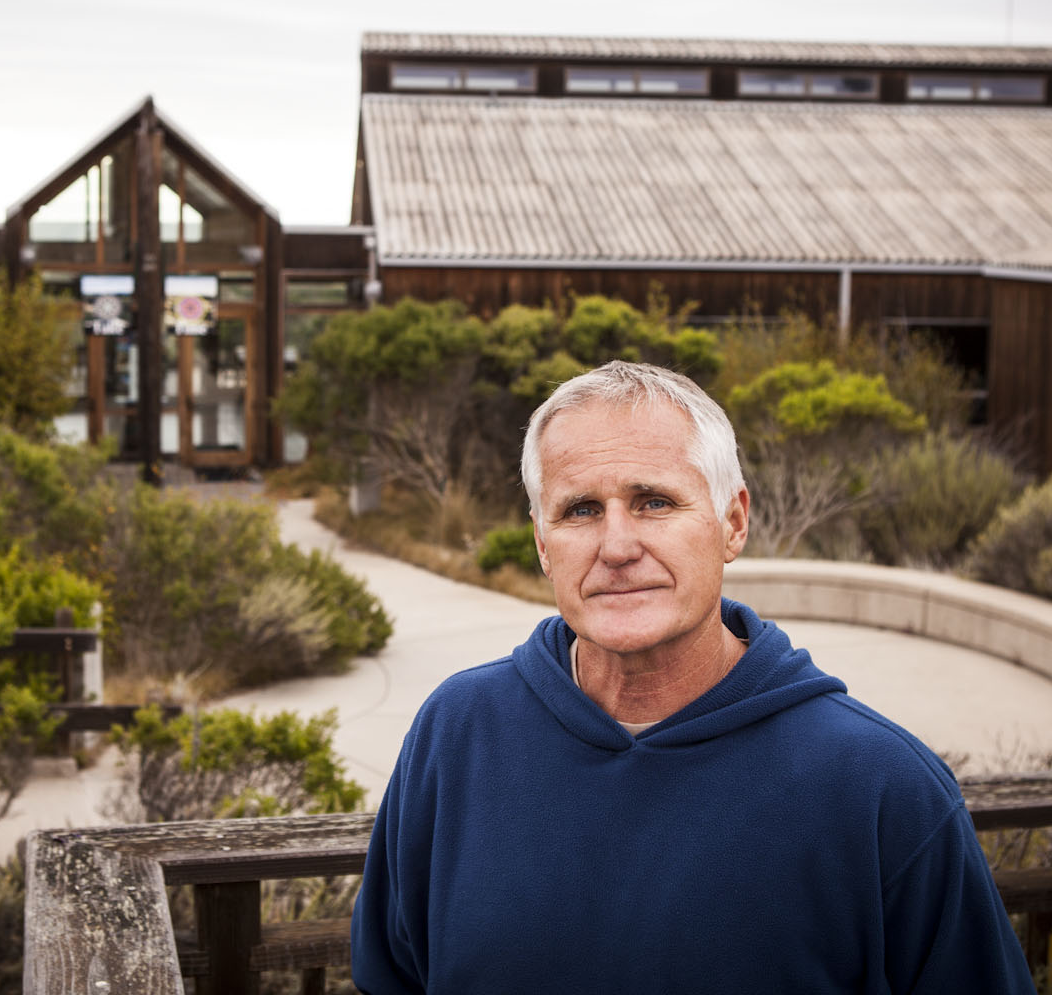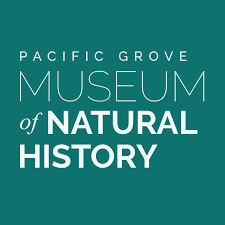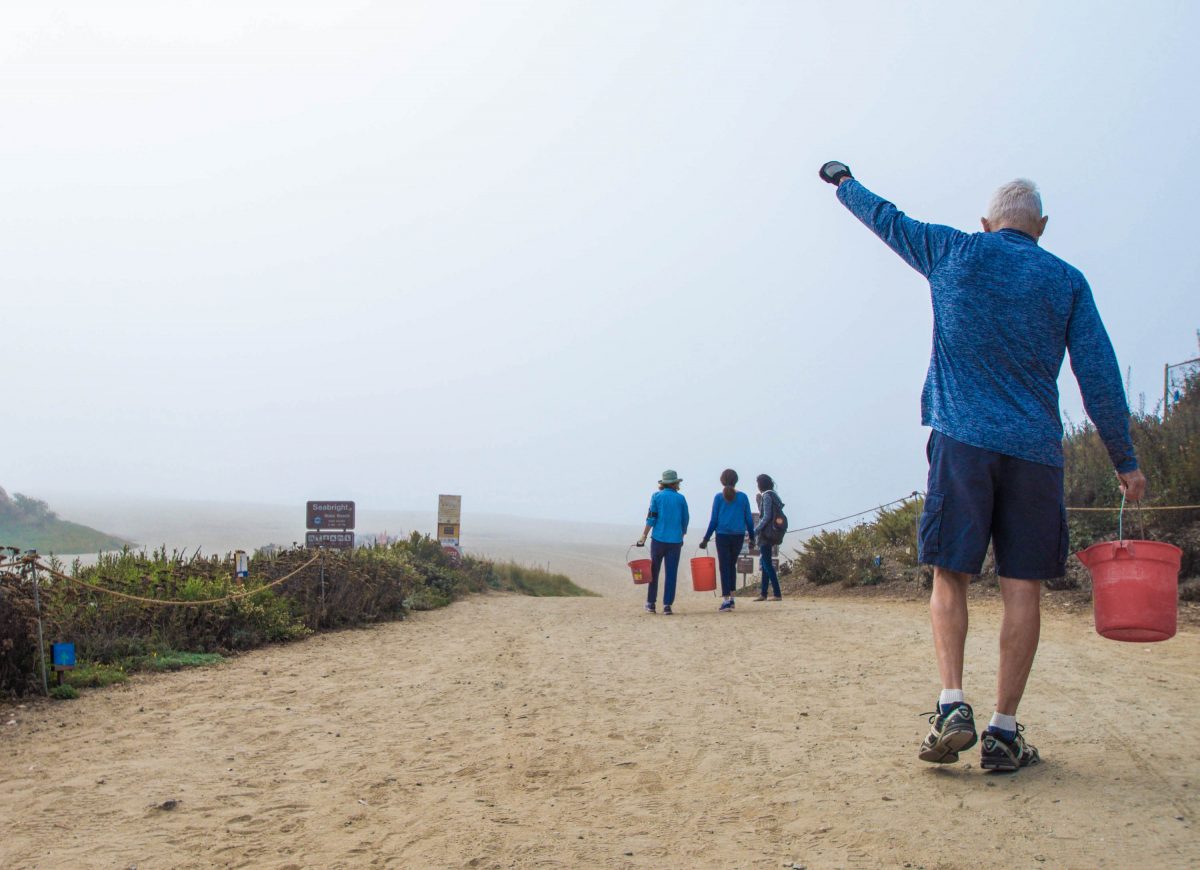Diana Steller, MLML/SJSU
Moss Landing Marine Labs Seminar Series - February 27th, 2020
Hosted by The Phycology Lab
MLML Seminar Room, 4pm
Open to the public
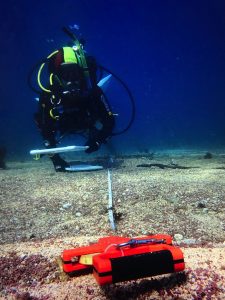
My broad research interests include the ecology of temperate, subtropical, and carbonate rhodolith reefs with an emphasis on macroalgal ecology, algal physiology and species interactions. I am particularly interested in the role that macroalgae play as a substrate and food resource in subtidal communities and how algal dynamics influence community dynamics. My research in California kelp forests has focused on examining species interactions with a particular interest in dynamics of the algal community. Another major area of interest has been examining the distribution, dynamics and ecological role that rhodolith beds play in the north eastern Pacific Ocean. Rhodoliths are unattached, coralline algae that form large, structured, aggregated habitats on coastal sedimentary bottoms. This is an understudied ecosystem and I have been involved with developing collaborative research between MLML and CSU faculty and students and Mexican researchers to help better understand the ecology of this system in Pacific Mexico and the Pacific Northeast. Currently, I am involved with CA Seagrant funded research in California to explore the production and foundational role of rhodolith beds around Catalina Island. This research aims to develop a suite of metrics to measure with the goal of describing their current status in CA for potential protection. I am interested in the growth and recovery of carbonate reefs in the past, present and future. I take M.S. students that are interested in subtidal marine ecology and pushing themselves to develop as experimental, subtidal scientists.


